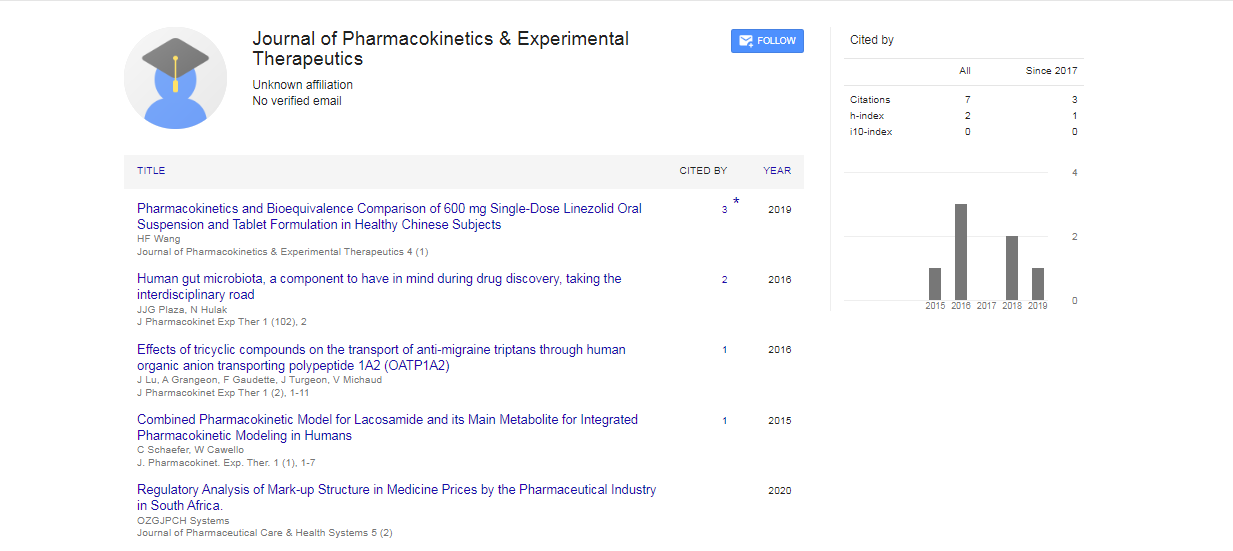Effect of Herbal Medicine on the Central Nervous System
*Corresponding Author:Received Date: Dec 01, 2023 / Accepted Date: Dec 30, 2023 / Published Date: Dec 30, 2023
Copyright: © 2024 . This is an open-access article distributed under the terms of the Creative Commons Attribution License, which permits unrestricted use, distribution, and reproduction in any medium, provided the original author and source are credited.
Abstract
The use of herbal drugs to influence the Central Nervous System (CNS) has a rich historical and contemporary
significance in traditional medicine and alternative healthcare systems. This abstract provides a comprehensive
overview of the diverse effects exerted by herbal drugs on the CNS, encompassing neuroprotective, anxiolytic,
antidepressant, and cognitive-enhancing properties. Herbal drugs have been a source of therapeutic agents for
centuries, and their potential impact on the CNS is of increasing interest in the context of modern pharmacology.
Neuroprotective effects, often attributed to antioxidant and anti-inflammatory properties of herbal compounds,
demonstrate promise in mitigating neuronal damage and promoting overall brain health. Additionally, anxiolytic and
antidepressant properties observed in certain herbal remedies highlight their potential as alternatives or adjuncts
to conventional psychiatric medications, with mechanisms of action involving modulation of neurotransmitter levels
and receptor activity. Cognitive-enhancing effects of specific herbal drugs have also gained attention, particularly in the realm of traditional medicine systems like Ayurveda and Traditional Chinese Medicine. Herbs such as Bacopa monnieri and Ginkgo biloba are reported to enhance memory and cognitive function, potentially through mechanisms involving neurotrophic factors and improved cerebral blood flow.

 Spanish
Spanish  Chinese
Chinese  Russian
Russian  German
German  French
French  Japanese
Japanese  Portuguese
Portuguese  Hindi
Hindi 
